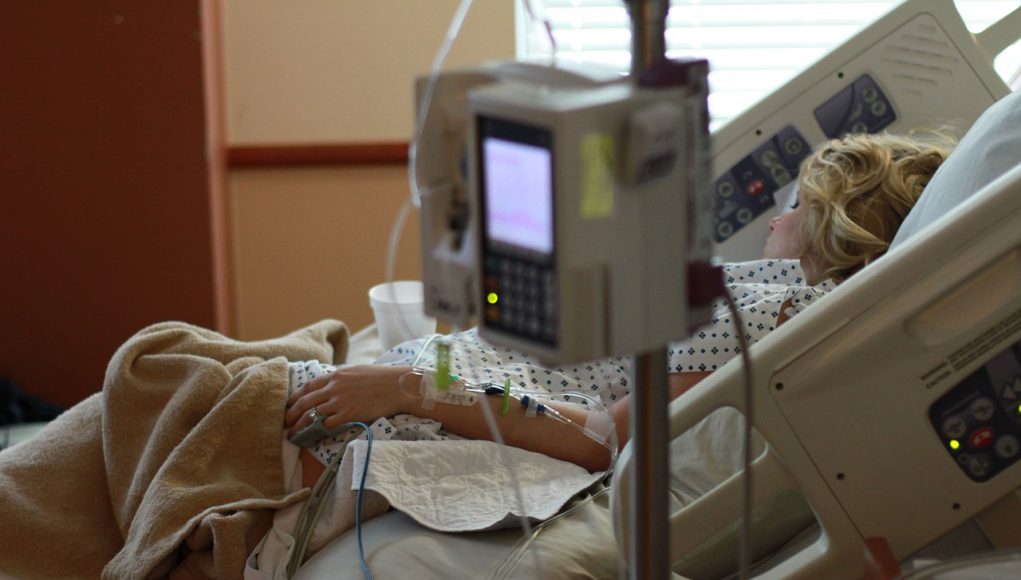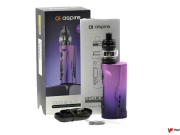One of the latest accusations faced by the vaping industry, is that e-cigs are the cause of the outbreak of a severe lung disease, found across a number of US states. Until now there have been a total 153 reported such cases, one of which has tragically resulted in death.
Most of the cases are occurring amongst youth or young adults, and the acute disease appears to be lipoid pneumonia, acute respiratory distress syndrome, and/or chemical pneumonitis. All hospitalized individuals have allegedly reported using e-cigarettes and therefore physicians, health departments, and the CDC alike, have been urging the public to avoid vaping.
Victims purchased products from “pop-up” cannabis dealers
“Everyone was purchasing from these pop-up shops. That seems to be the similarity among the cases.”
Meanwhile, with regards to the 21 cases reported in California, the state’s public health authorities have connected them to vaping unlicensed cannabis products. In Kings County, where eight cases were reported in July and August, public health officials have found that the victims had purchased unlicensed vaping products from “pop-up” cannabis dealers.
“Our doctors noticed these cases of acute respiratory distress syndrome, and typically this time of year you’d see maybe one case. We had seven inside a month,” said Nancy Gerking, assistant director of public health in Kings County. That’s when the alert was sounded.”Everyone was purchasing from these pop-up shops,” added Gerking, referring to unlicensed dealers of cannabis products. “That seems to be the similarity among the cases.”
The CDC should advice the public accordingly
Meanwhile, the CDC has been urging the public to stop vaping altogether. In a recent blog on his page, public health expert Dr. Michael Siegel has pointed out that ”there are indeed some further details that the CDC could include in its recommendations. “At a minimum, they should be telling the public not to vape THC oils, including butane hash oil. Second, they should be telling people not to use any oil-based vaping e-liquid product.”
“Third, they should be telling people not to use any e-liquid unless you know what is in it — that is, do not buy products off-the-street and stick to products being sold at retail stores, especially closed cartridges where there is no risk of contamination or the presence of unknown drugs,” he added.
Siegel concluded by pointing out once again, that sadly, the generic advice that the agency is offering so far is useless. “These would actually be useful recommendations that could possibly help prevent further cases. Instead, the CDC and other health groups are providing such generalized and vague advice that it is essentially meaningless.”













